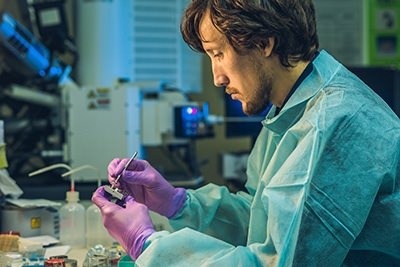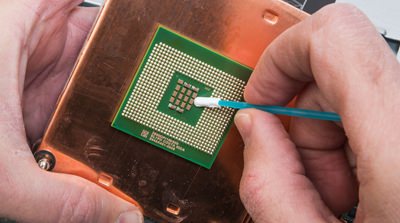Cleanroom classification methods are used to categorize cleanrooms based on their level of cleanliness. The primary methods for classifying cleanrooms include ISO 14644-1, FS 209E, and EU GMP Annex 1. Here's a comparison of these methods:
ISO 14644-1 (International Organization for Standardization):
ISO 14644-1 is a globally recognized standard for cleanroom classification. It replaced the previous FS 209E standard in most parts of the world.
It uses the concept of airborne particle counts to classify cleanrooms into different classes. The particle counts are measured in particles per cubic meter (e.g., ISO Class 5, ISO Class 7, ISO Class 8, etc.).
ISO 14644-1 also sets limits for particles of different sizes (0.1 μm, 0.5 μm, 1 μm, 5 μm, etc.) that are permitted in each class of cleanroom.
FS 209E (Federal Standard 209E):
FS 209E was a widely used cleanroom classification standard in the United States before being replaced by ISO 14644-1.
Like ISO 14644-1, FS 209E classifies cleanrooms based on airborne particle counts. However, the classes and allowable particle counts are different between the two standards.
For example, an ISO Class 5 cleanroom corresponds to a Class 100 cleanroom in FS 209E. The numbers indicate the maximum allowable number of particles per cubic foot.
EU GMP Annex 1 (European Union Good Manufacturing Practice, Annex 1):
EU GMP Annex 1 is a guideline specific to cleanrooms used in the pharmaceutical industry within the European Union.
It includes requirements for cleanroom classification and monitoring but focuses more on the manufacturing of sterile medicinal products.
Annex 1 recommends similar airborne particle limits as ISO 14644-1 for different cleanroom grades (Grade A, B, C, D), but it also emphasizes microbial monitoring and control.
Comparison:
ISO 14644-1 is now the most widely adopted standard worldwide, offering a more consistent global approach to cleanroom classification.
FS 209E is no longer commonly used, but it's worth noting its historical significance and its influence on cleanroom standards.
EU GMP Annex 1 is specific to the pharmaceutical industry within the European Union, addressing both particle and microbial control, but its principles align with those of ISO 14644-1.
When considering cleanroom classification, it's essential to understand the specific requirements of the industry and region where the cleanroom is located. Manufacturers and regulatory bodies often follow one of these standards to ensure the appropriate level of cleanliness for their specific applications.
Ask A Technical Question
Stay up-to-date on Chemtronics news, products, videos & more.





